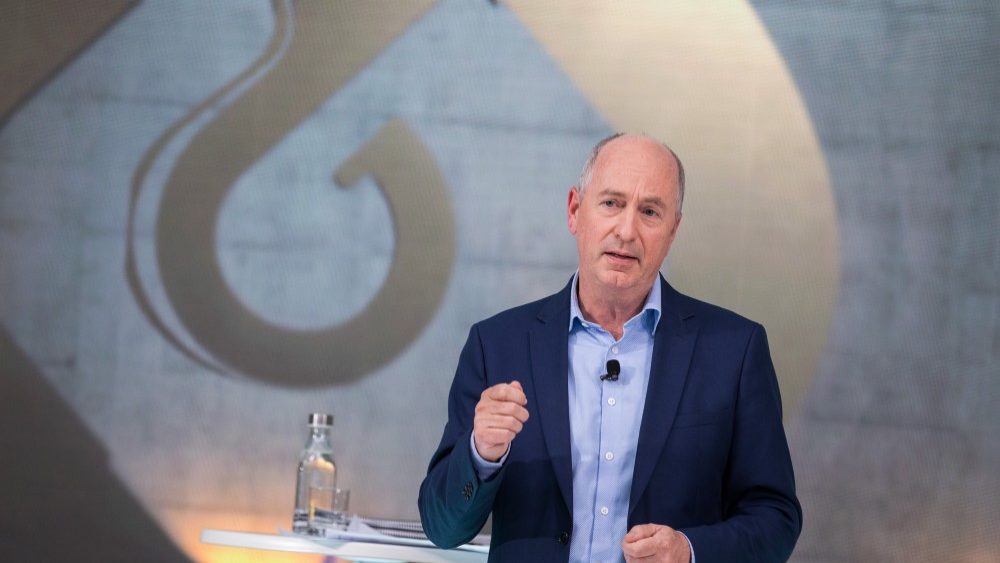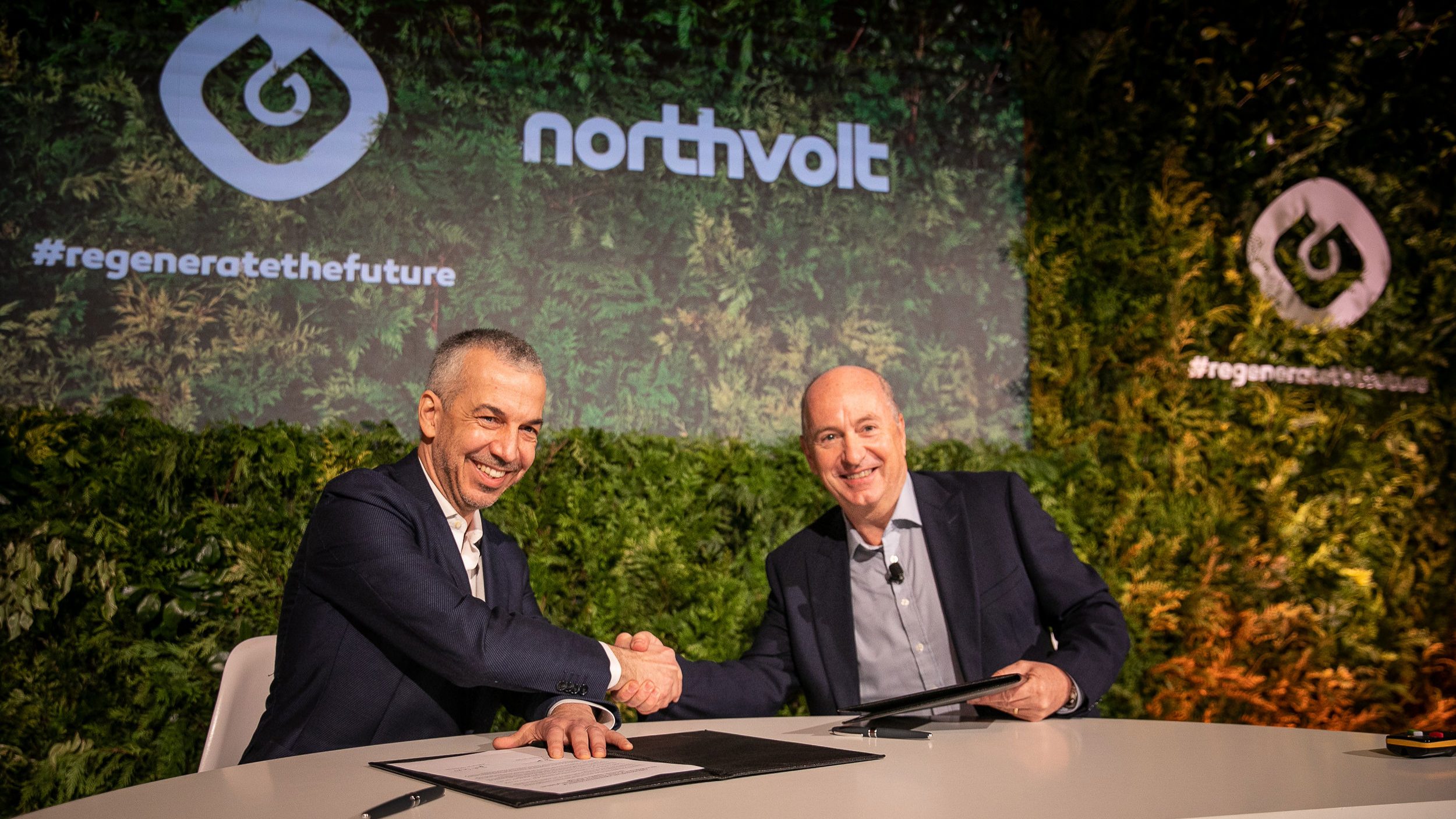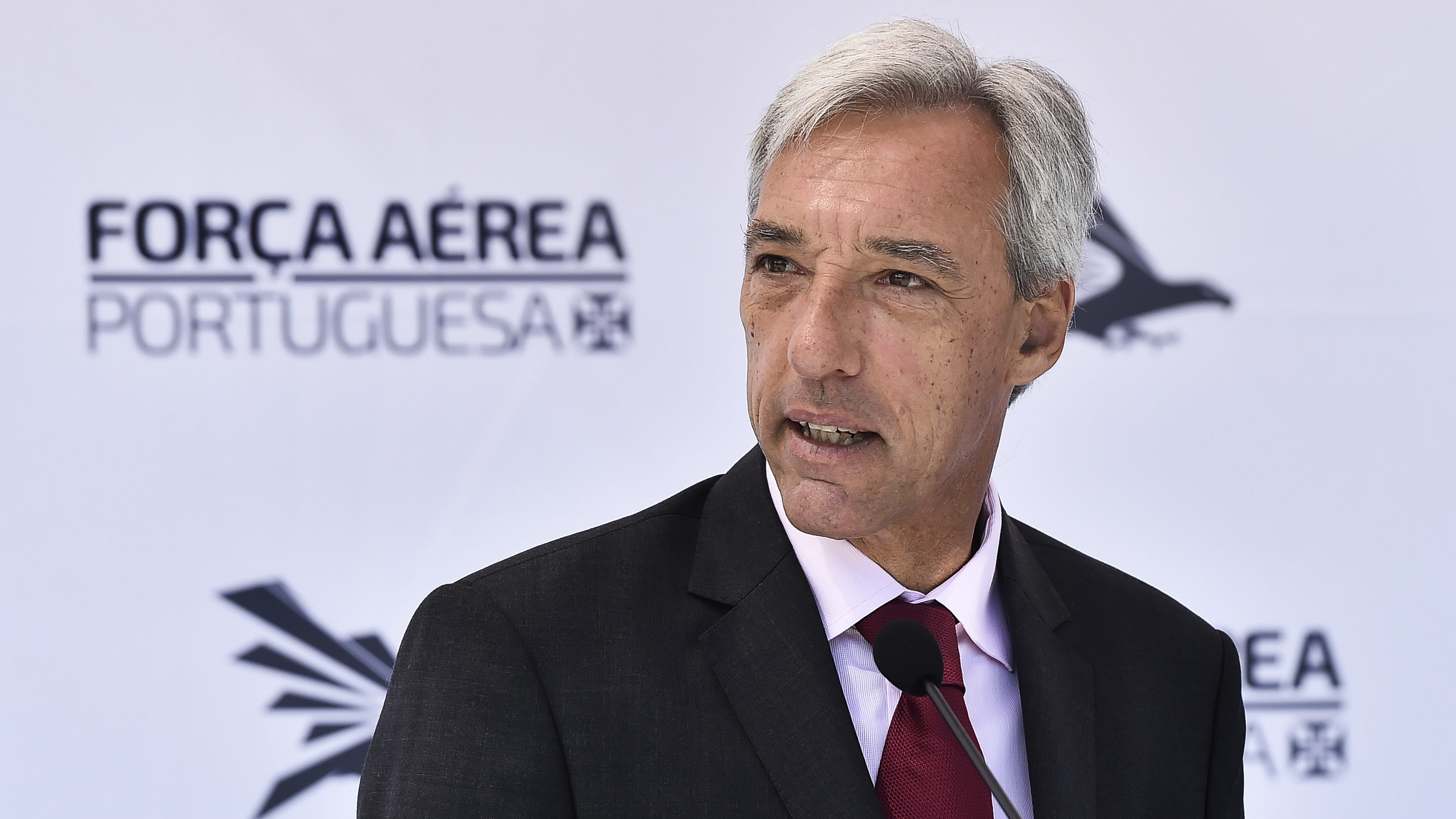Galp is benefiting from rising oil prices, but CEO refuses new tax
Galp's CEO recalls that most of the company's profits come from outside Portugal and defends the principle that taxes should be collected in the countries where they are generated.
The current context of the oil market is beneficial for Galp, assumes Andy Brown. Galp’s CEO argues, however, that a windfall tax would not benefit the country.
“The windfall tax has been much discussed. I think the minister of economy had constructive statements about that tax not currently being on the table,” he began by responding during a press conference at the company’s headquarters. António Costa Silva on Tuesday said that the government is not considering “at all” increasing the tax on companies that show extraordinary profits to address the effects of the war in Ukraine.
“That measure, as I explained, was never discussed by the Cabinet, but it is part of the letter of options. […] At this point we are not considering it at all, we will see how the economy develops and how we will respond to these developments,” he told journalists on the sidelines of the debriefing session on the Companies Tourism 360º Program. In an amendment later in the discussion on the government program on April 8, he admitted to considering a tax on companies’ extraordinary profits due to increases in the prices of goods and raw materials.
For Andy Brown, this tax “is not something Portugal can benefit from, because of the principle that taxes should be levied in the country where profits are made. And of course we are heavily taxed in the countries where we make a lot of money,” argued the CEO.
Andy Brown also pointed out that “most of the money Galp makes is not in Portugal”. “Refining and fuel sales in Portugal are a tiny slice of profits,” he explained.
The official acknowledged that the current context is favourable to the Portuguese oil company. “Today, we are making good money in upstream and refining is with good margins,” he said. Andy Brown even specified that Galp’s current refining margin is 6 to 7 cents, but that the state collects “one euro in taxes”.
“Two years ago we had negative oil prices and our refinery lost a lot of money,” he recalled. For a large company like Galp, large price fluctuations are not welcome. The nearly €1 billion investment in changing the portfolio requires stability, he pointed out.
Brown also argued that regulating fuel sales margins, limiting them, “is not good. We compete with all other companies,” he said.


